Photographic illustration for Arnošt Lustig’s book – “Darkness has no shadow”
A novel about the escape of two Jewish boys from a transport to a concentration camp and their painful journey to freedom. The starting point of the novel is a short story from the collection Démanty noci, which the author developed and published for the first time in English in 1976.
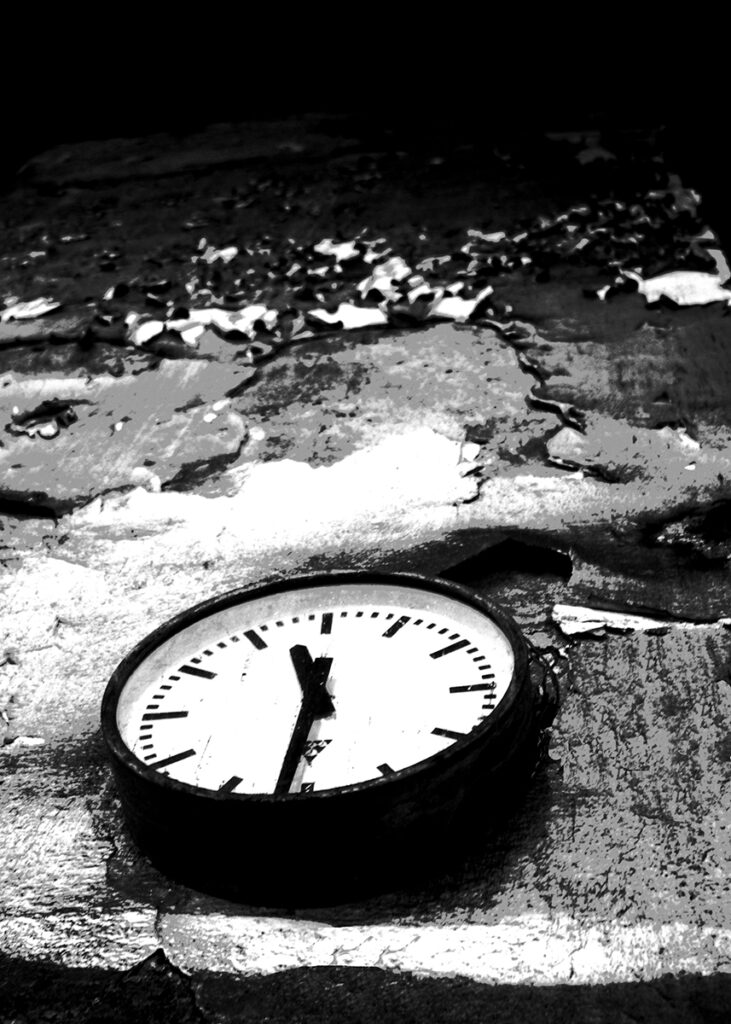
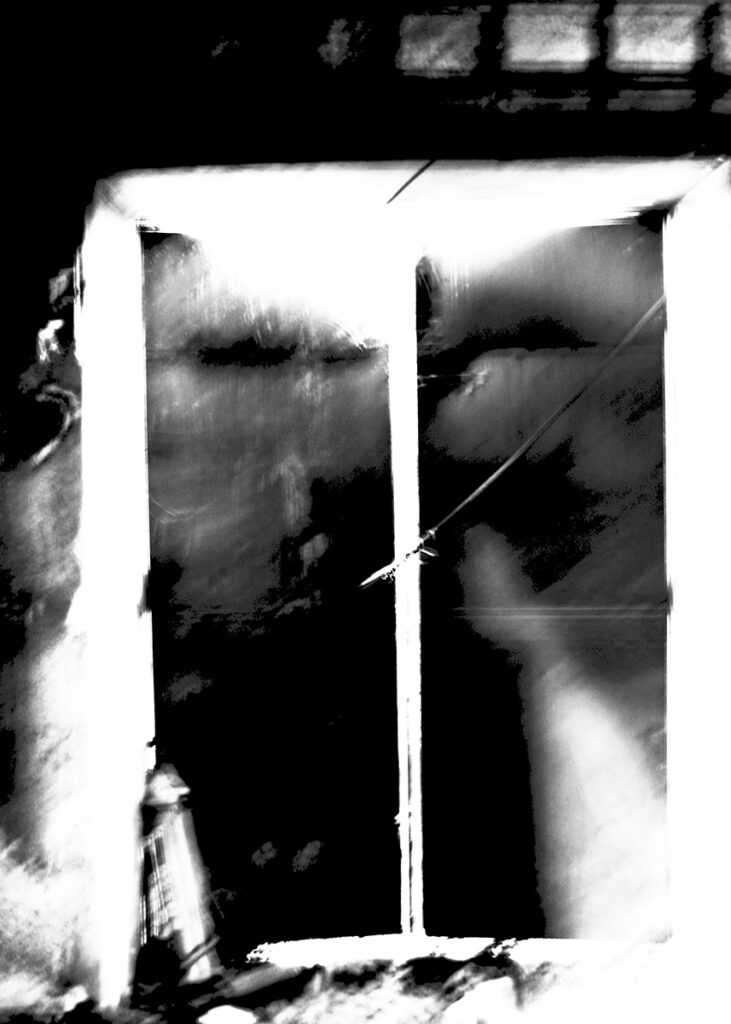
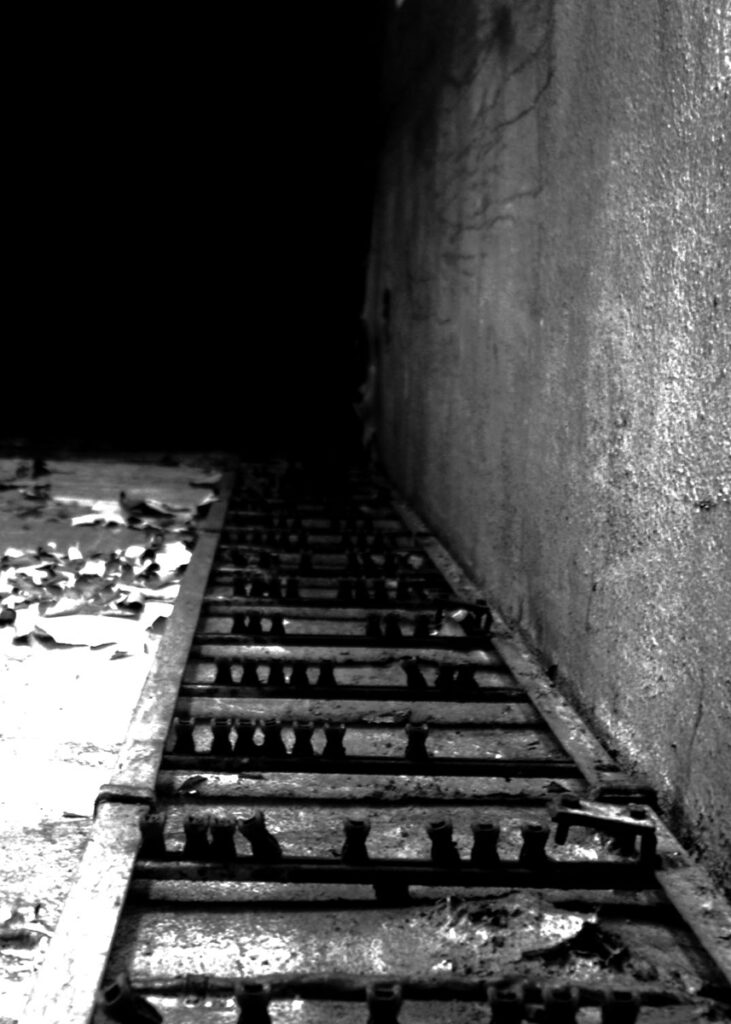
A description of Nazism as a degenerate pseudo-ideology, unmasked by sadism and robbery. The group mentality of the Jews in the concentration camp is described as a mind map between the communists (the Kohen group), subordinating their lives to the ideals of the revolution on the one hand, and the religiously orthodox Jews (the Jews of Subcarpathian Rus), seeking strength and solace in their belief in God.
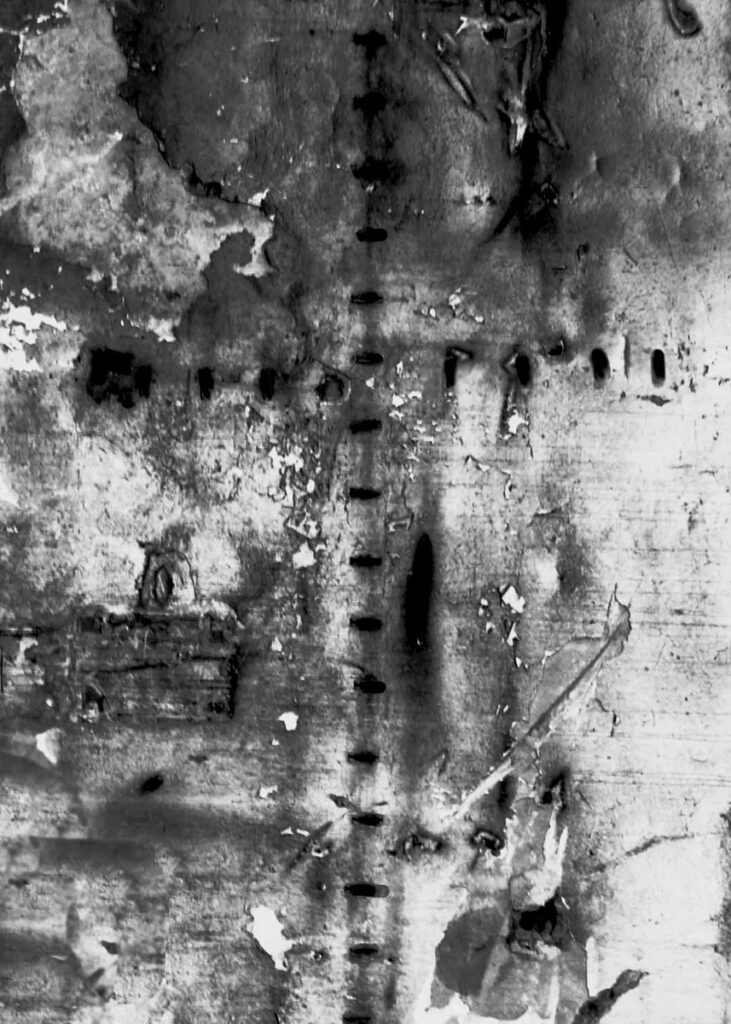
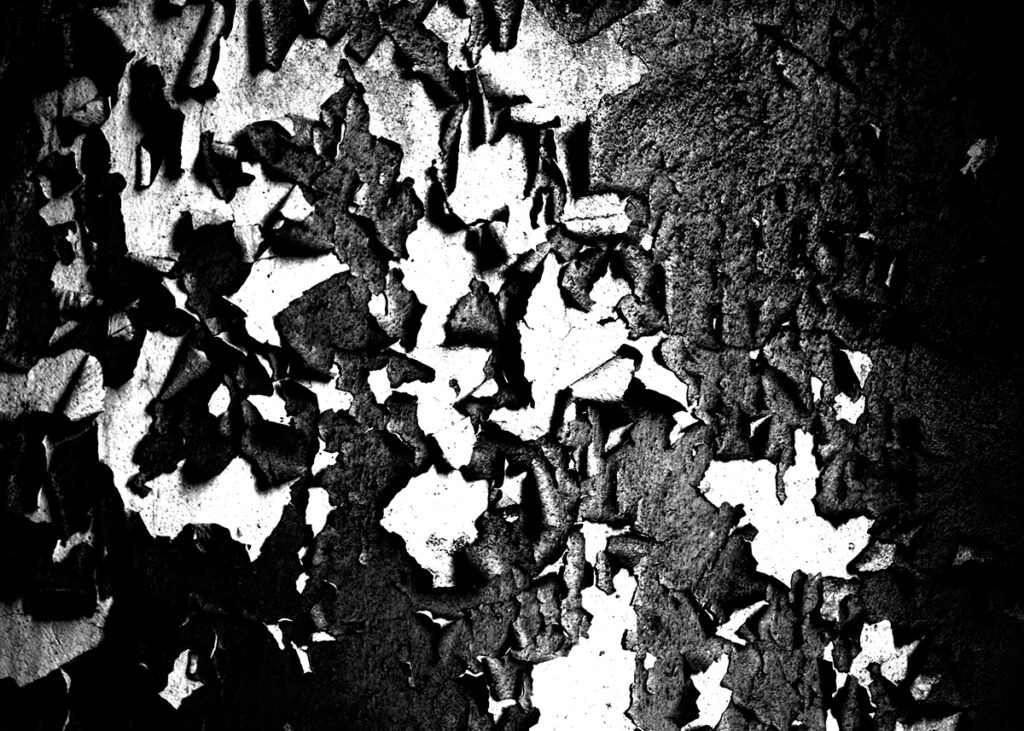
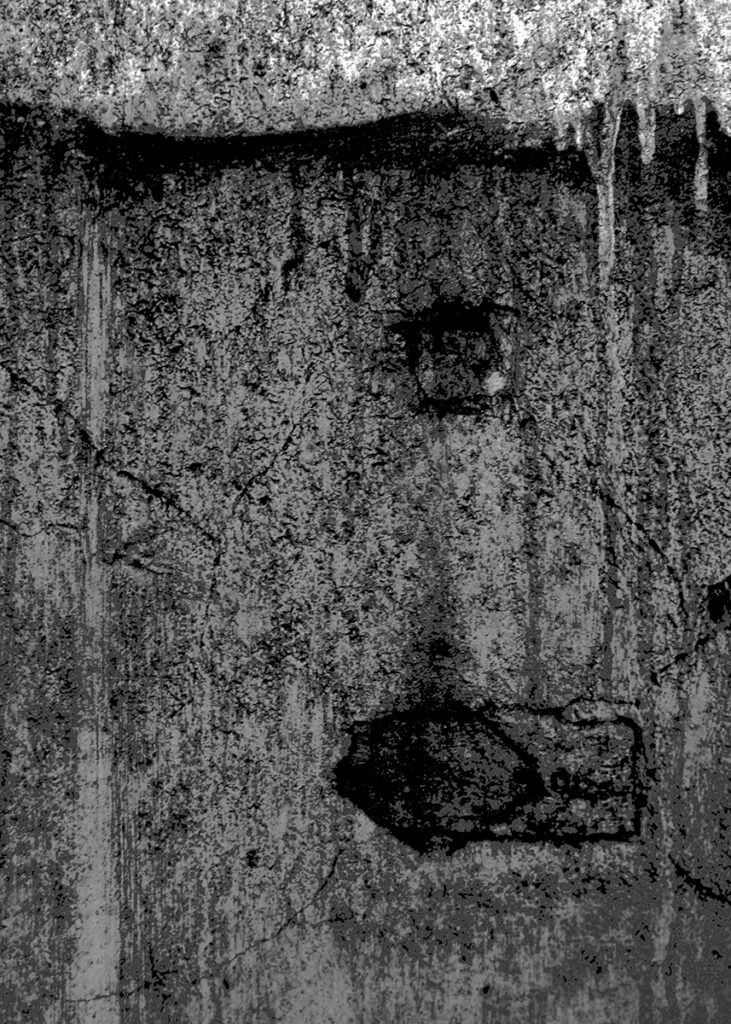
From the book:
The song and the fog merged. Then they stretched along the entire length of the plain, the curve of the melody and the string of words that “happiness is the one who forgets what can no longer be changed”.
„Glücklich ist, wer vergisst, was schon nicht mehr zu ändern ist.“
“Remember, boys, every person in the world always lives at least two lives. In one, he plays with his cards open and everyone can see through them, and in the other, only he knows his stuff.”
“The world belongs only to the living.” His conscience also became just an echo, a substitute, something that a person has already learned to do without.
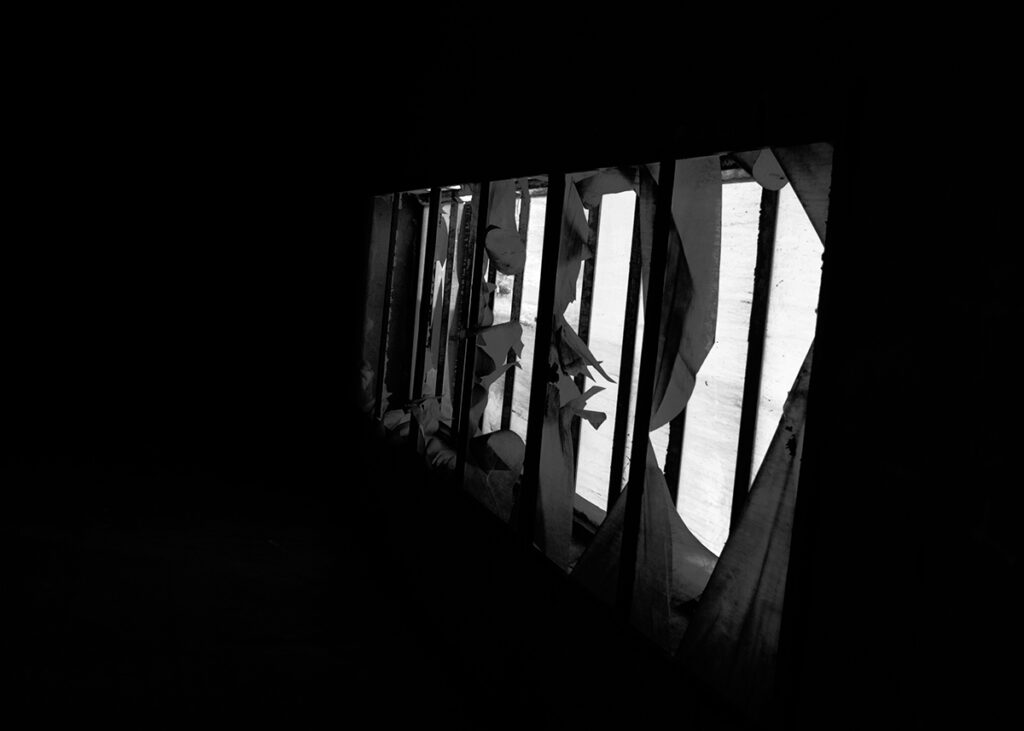

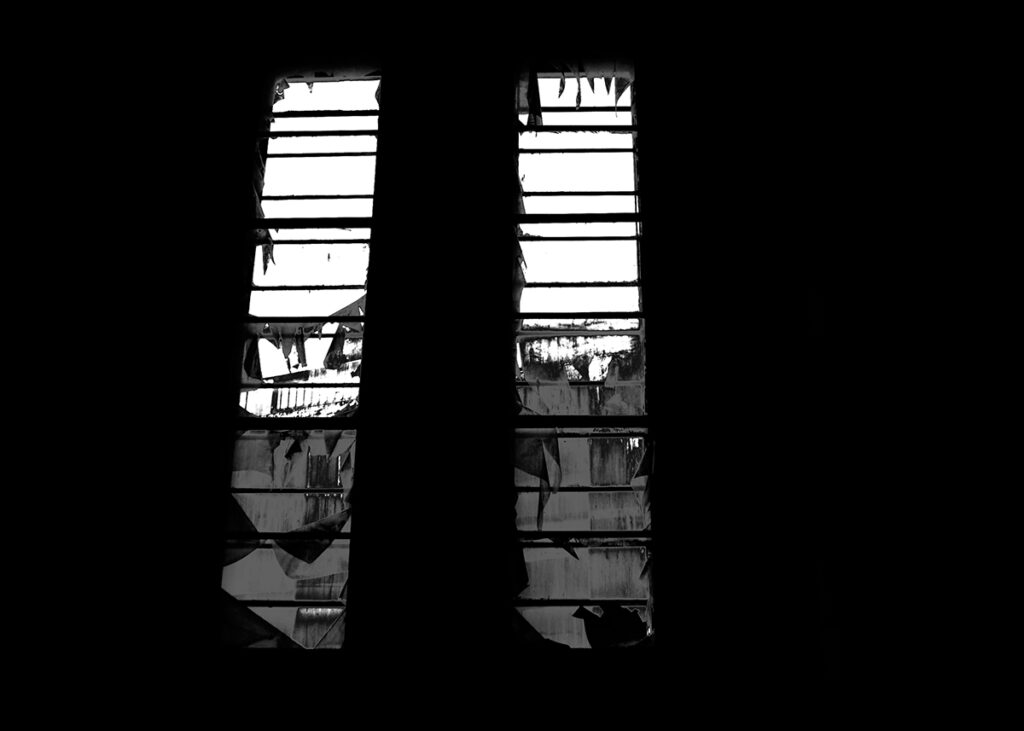
“In cards it’s like in a camp: you discover that neither luck nor misfortune can stick to you from start to finish. If you keep playing, you can’t just get a bad card. Sometimes the tables turn and you get everything back. Or more. You win. You have next time.’
Arnošt Lustig
